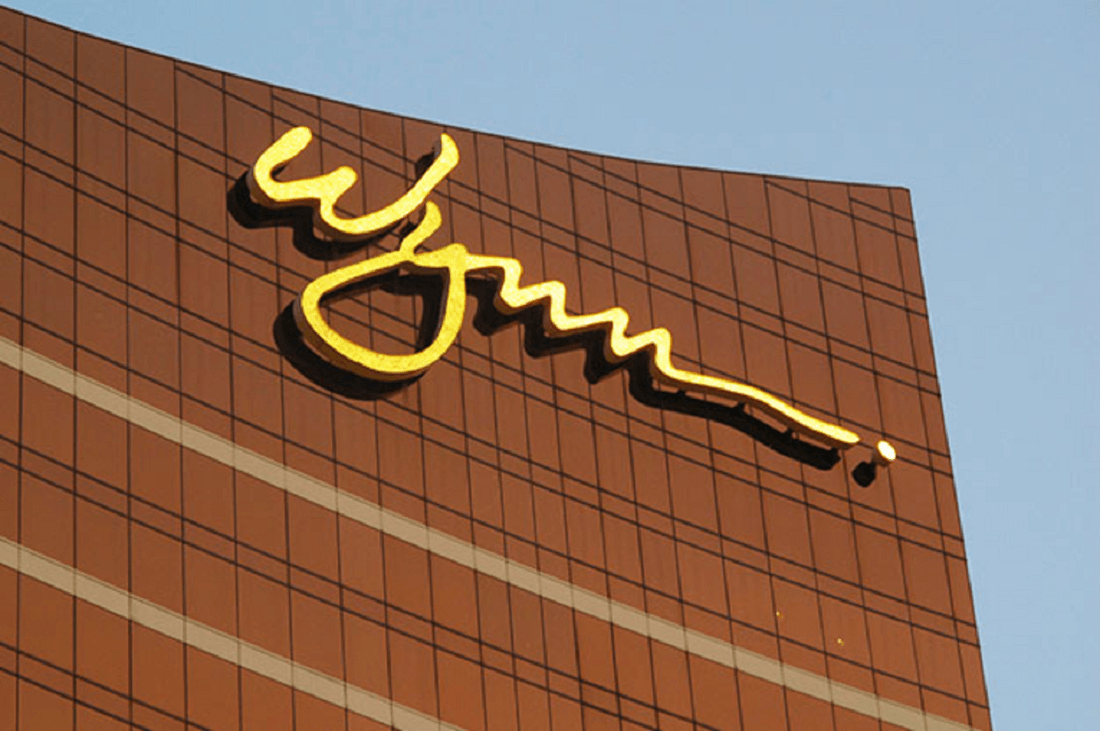Wynn Macau Says Spike in IP Theft by Rogue Gambling Sites is Damaging Business
Posted on: September 12, 2018, 03:44h.
Last updated on: September 12, 2018, 03:52h.
Wynn Macau has warned of an increase in rogue online gambling and investment websites illegally appropriating the company’s branding and intellectual property in a bid to “deceive members of the public” to depart with their hard-earned cash.

In its interim report published Monday, the operator emphasized that neither it nor its parent Wynn Resorts offer online casino gaming or investment accounts and that any website that purports to do so under the Wynn banner is acting “without our authorization and possibly unlawfully and with criminal intent.”
Fraudulent websites stealing major casino branding is nothing new, but Wynn Macau reports not only a rise in volume but in sophistication too.
The company says these sites are highly professional and “appear legitimate,” often featuring false statements and logos in an attempt to palm themselves off as international casino companies approved by government authorities. They even contain false copyright notices at the bottom of their home pages.
Game of Cat and Mouse
Last month, China’s state-owned media giant Xinhua reported authorities had arrested 63 members of a suspected criminal gang that operated five online gambling sites that employed Macau casino brand names such as New Lisboa Casino and Venetian.
Casino giants are periodically required to defend their intellectual property rights aggressively against such sites, but they’re generally playing a game of cat and mouse.
In March 2017, MGM sued the unnamed operator of LiveMGM.com for incorporating the company’s trademarks, including the famous lion logo, for the purposes of “trading off of [its] substantial fame, goodwill, and consumer recognition”
In 2015, LVS won a lawsuit against 35 Chinese online gambling websites that had appropriated the company’s logo and intellectual property. This must have been particularly exasperating for LVS CEO and chairman Sheldon Adelson, a man hellbent on the destruction of online gaming.
Damages Unclaimed
LVS was awarded $2 million in damages and granted a permanent injunction against the websites, which were taken down. But it is difficult and expensive to pursue action against the sites, which are largely based in Asia and can quickly shut themselves down before reappearing under different urls, and it’s unlikely these damages were ever claimed.
Rogue operators can apply for a privacy protection service when they register their urls, preventing themselves from ever being identified.
“If our efforts to cause these sites to be shut down through civil action and by reporting these sites to the appropriate authorities are unsuccessful or not timely completed, these unauthorized activities may continue and harm our reputation and negatively affect our business,” Wynn Macau warned its investors.
No comments yet